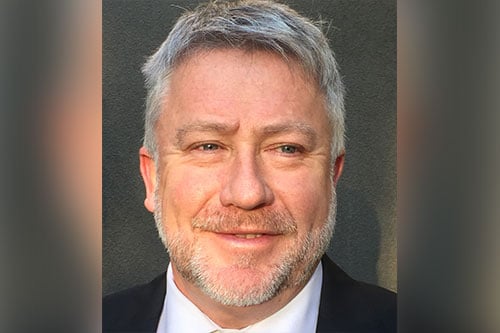

After Ellen Nightingale, owner of Kalbarri Quadbike Safaris in WA, couldn’t find any public liability cover through multiple brokers last month, Motorcycling Australia (MA) stepped up as its insurance provider (read the full story here).
Anthony Hynes (pictured), MA’s corporate council and insurance manager, concedes the circumstances were unorthodox.
“It’s unusual but that’s just part of our changing landscape,” he said. “If you look at this in the context of the broader environment… MA is firstly a member-only organisation, so in order to do business with Ellen, for example, her operation had to sign up with MA to become a member. Through that we’re then able to provide her with our insurance products.”
Unlike many other tourism operators, Nightingale fell within the ambit of MA’s umbrella and is arguably now better protected under their policies than she would have been with a traditional insurer.
“Quadbikes fall under us as they have handlebars even though they have four wheels,” Hynes explained.
“Our policy has been written by us to cover the activities of our members, so it is specifically designed to cover motorcycling and quadbike activity. A lot of open market policies have exclusions and conditions within them that actually are narrow or limit the cover provided to these sorts of organisations. Our policy is bespoke – it’s designed for this sort of recreational activity.”
While Hynes acknowledges it’s a difficult period for all tourism operators to get public liability cover, he claims it’s not related to COVID-19.
“It’s to do with insurers having to improve their return on equity. So, the general liability insurance market globally has changed quite dramatically over the last couple of years or so and is increasingly more careful about the risks that it is writing,” he explained.
“Lloyd’s of London, for example, has, through various underwriting agencies, been very active in that market here in Australia over a very long period of time. But poor returns, and indeed in some cases some pretty heavy losses, have required a lot of Lloyd’s syndicates and mainstream insurers to look at the risks they’re writing and to focus on the more profitable end of those risks.
“It’s not coronavirus, it’s much, much broader than that.”
With insurers looking to change the direction of their policies to ensure profitability is prioritised, many tourism operators and recreational activities are deemed too “high-risk”.
“Dangerous recreational activities and things like riding motorbikes and quadbikes, bungee jumping and all those activities are higher risk recreational activity and they are specifically not ways to make money for insurers,” Hynes added.
“As an insurer, you’ve got to look at who you’re insuring and how financially viable they are and when a business like the tourism business has to shut its doors because of coronavirus, that puts significant financial strain on the business and therefore its ability to pay its bills.”
